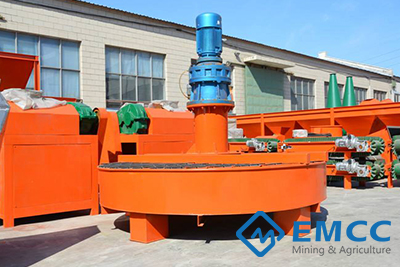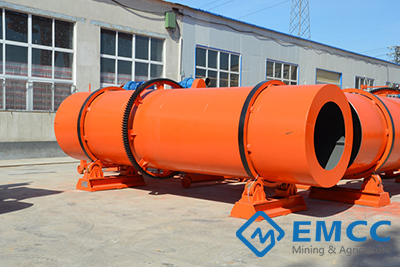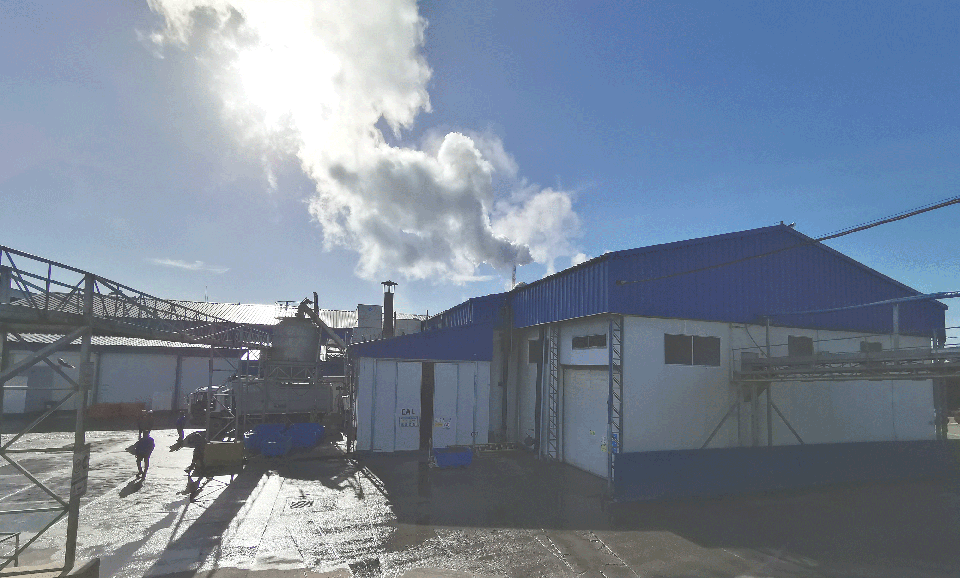1. Intermediate temperature stage
In the initial stage of compost production, the microorganisms in the compost are mainly medium temperature and aerobic species, and the most common are non-spore bacteria, spore bacteria and molds. They start the fermentation process of composting, vigorously release easy-to-release organic substances (such as simple sugars, starch, protein, etc.) under aerobic conditions, generate a lot of heat, and continuously increase the composting temperature, rising from around 20°C to 40°C, So it is called the middle temperature stage, or fever stage.
2. High temperature stage
With the progress of temperature, the thermophilic microorganisms gradually replaced the mesophilic species and played a leading role. The temperature continued to rise, generally reaching above 50°C within a few days and entering the high temperature stage. In the high temperature stage, thermoactinomycetes and thermogenic fungi become the main species. They strongly dissect the complex organic substances (such as cellulose, hemicellulose, pectin substances, etc.) in the compost, accumulate heat, and the compost temperature rises to 60-70°C, or even as high as 80°C. Immediately, a large number of heat-friendly microorganisms also died or entered a dormant state (above 20 degrees), which played an important role in accelerating the maturity of compost. Improper composting has only a short period of high temperature, or the base does not reach high temperature, so it matures very slowly, and it cannot reach semi-ripe state in half a year or longer.
3. Cooling stage
When the high temperature stage is connected for a certain time, a large area of cellulose, hemicellulose, and pectin have been released, leaving complex components that are difficult to analyze (such as lignin) and newly formed humus, and the activity of microorganisms is weakened. The temperature gradually dropped. When the temperature drops below 40°C, the mesophilic microorganisms become the dominant species. If the cooling stage comes early, it indicates that the composting conditions are not ideal and the plant material is not fully dissected. At this time, you can turn the pile and mix the accumulated materials to make them generate secondary heat and heat up to promote the maturity of the compost.
4. After the compost is decomposed, the volume of compost will shrink and the temperature of the compost will drop slightly higher than the temperature. At this time, the compost should be compacted, which will cause anaerobic conditions and weaken the mineralization of organic matter to facilitate the preservation of fertilizer.
In short, the fermentation process of organic compost is actually a process of metabolism and reproduction of various microorganisms. The metabolic process of microorganisms is the process of the release of organic matter. The decomposition of organic matter is bound to produce energy, which promotes the process of composting, increases the temperature, and can also dry the wet substrate. Many substrates used for compost wear human, animal and plant pathogens, as well as unpleasant organisms such as weed seeds.
Post time: Jun-29-2021